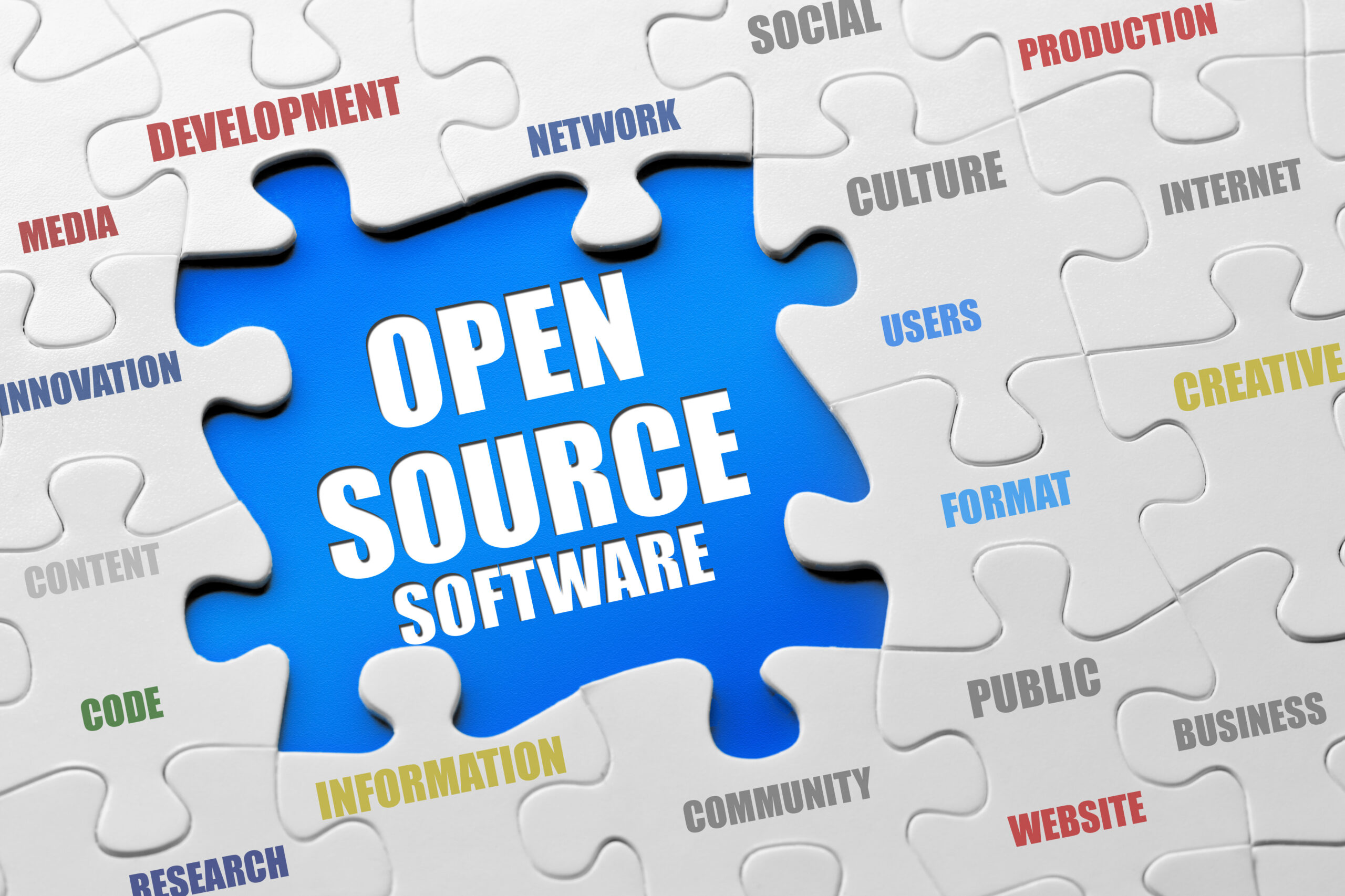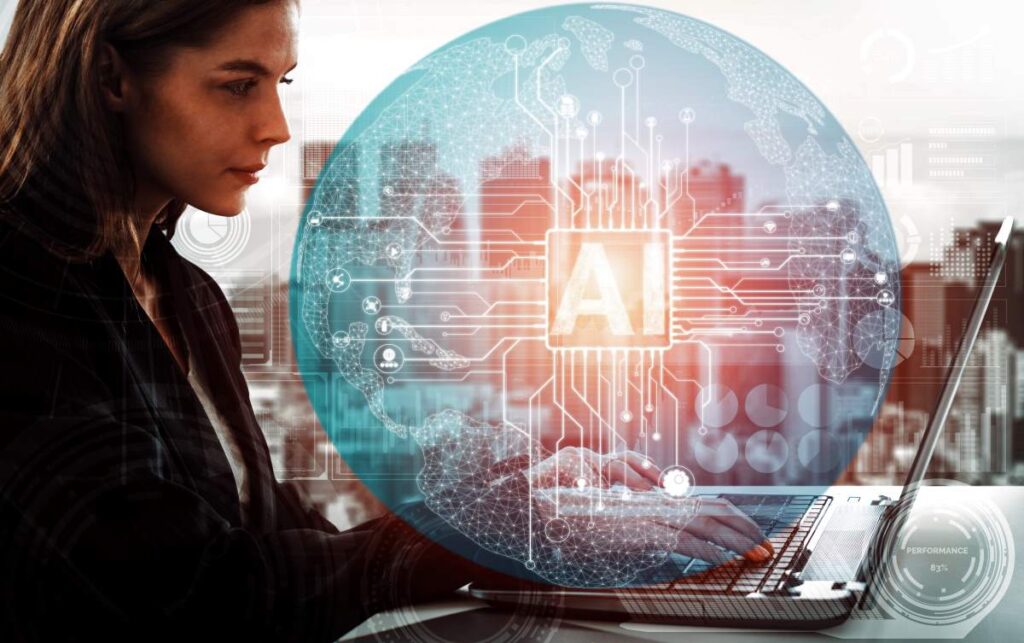As we step into 2024, the landscape of open source development continues to evolve at a rapid pace. “Open Source 2024: Trends Developers Should Know” highlights the most significant trends that are shaping the future of software development. From the rise of AI-driven tools to the increasing importance of community-driven projects, understanding these trends is crucial for developers looking to stay ahead in a competitive environment. This article will delve into the key themes and innovations that are set to define the open source ecosystem in the coming year.
In the following sections, we will explore the impact of emerging technologies on open source projects, including the integration of machine learning and cloud computing. You’ll learn how these advancements are not only enhancing productivity but also fostering collaboration among developers worldwide. Additionally, we will discuss the growing emphasis on security and compliance in open source software, ensuring that developers are equipped with the knowledge to navigate these challenges effectively.
Moreover, we will examine the role of community engagement and how it drives the success of open source initiatives. By understanding the dynamics of community contributions, developers can leverage these insights to enhance their own projects and foster a collaborative spirit. So, whether you are a seasoned developer or just starting your journey in open source, this article promises to provide valuable insights that will empower you to thrive in 2024 and beyond. Stay with us as we uncover the trends that will shape the future of open source development!
As we move into 2024, the open-source landscape continues to evolve, presenting new opportunities and challenges for developers. Understanding the latest trends is crucial for staying competitive and innovative in this dynamic environment. Below are six key trends that developers should be aware of.
Increased Adoption of AI in Open Source Projects
The integration of artificial intelligence (AI) into open-source projects is becoming increasingly prevalent. Developers are leveraging AI tools to enhance code quality, automate testing, and streamline workflows. This trend not only improves efficiency but also fosters collaboration among developers, as AI can assist in identifying bugs and suggesting improvements in real-time.
Moreover, AI-driven open-source tools are democratizing access to advanced technologies, allowing smaller teams to compete with larger organizations. As AI continues to evolve, its role in open-source development will likely expand, making it essential for developers to familiarize themselves with these tools and their applications.
Focus on Security and Compliance
With the rise of cyber threats, security in open-source software has become a top priority. Developers are increasingly focusing on implementing robust security measures and compliance protocols within their projects. This includes regular audits, vulnerability assessments, and adherence to best practices in coding standards.
Additionally, the use of automated security tools is on the rise, helping developers identify and mitigate risks early in the development process. As open-source software becomes more integral to business operations, understanding security implications will be crucial for developers to protect their projects and users.
Growth of Open Source in Cloud Computing
The cloud computing landscape is witnessing a significant shift towards open-source solutions. Many organizations are adopting open-source cloud platforms to enhance flexibility, scalability, and cost-effectiveness. This trend is driven by the desire for greater control over infrastructure and the ability to customize solutions to meet specific needs.
As cloud-native technologies continue to gain traction, developers should explore open-source tools that facilitate containerization, orchestration, and microservices architecture. Familiarity with these technologies will be essential for developers looking to thrive in the cloud-centric development environment of 2024.
Rise of Low-Code and No-Code Platforms
Low-code and no-code platforms are revolutionizing the way applications are developed, allowing users with minimal coding experience to create functional software. This trend is particularly beneficial for organizations looking to accelerate development cycles and reduce costs.
Open-source low-code platforms are emerging, providing developers with the flexibility to customize and extend functionalities. As these platforms gain popularity, developers should consider how they can integrate low-code solutions into their workflows to enhance productivity and collaboration.
Emphasis on Community-Driven Development
The open-source community is the backbone of many successful projects, and in 2024, there is a renewed emphasis on community-driven development. Developers are encouraged to engage with their communities, contribute to discussions, and collaborate on projects to foster innovation and knowledge sharing.
Participating in community events, such as hackathons and conferences, can provide valuable networking opportunities and insights into emerging trends. By actively contributing to open-source communities, developers can enhance their skills and stay informed about the latest advancements in the field.
Sustainability in Open Source
Sustainability is becoming a critical consideration in open-source development. Developers are increasingly aware of the environmental impact of software development and are seeking ways to create more sustainable solutions. This includes optimizing code for energy efficiency and supporting projects that prioritize sustainability.
As organizations strive to meet their sustainability goals, developers who can demonstrate a commitment to environmentally friendly practices will be in high demand. Embracing sustainable development principles will not only benefit the planet but also enhance the reputation of developers and their projects.
| Trend | Description |
|---|---|
| Increased Collaboration | Developers are increasingly collaborating across projects and organizations, leading to more robust and diverse open-source contributions. |
| Focus on Security | With rising cyber threats, there is a heightened emphasis on security practices in open-source projects, including regular audits and vulnerability disclosures. |
| AI and Machine Learning Integration | Open-source projects are increasingly integrating AI and machine learning tools, enhancing functionality and automating processes. |
| Community-Driven Development | Community involvement is becoming more critical, with developers relying on user feedback and contributions to shape project direction. |
| Microservices Architecture | Adoption of microservices continues to grow, allowing developers to build scalable applications using smaller, independent services. |
| Low-Code/No-Code Platforms | The rise of low-code and no-code platforms is enabling more people to contribute to open-source projects, democratizing software development. |
| Focus on Sustainability | There is a growing awareness of the need for sustainable practices in open-source development, including energy-efficient coding and project longevity. |
| Remote Contributions | The shift to remote work has made it easier for developers worldwide to contribute to open-source projects, increasing diversity and innovation. |



